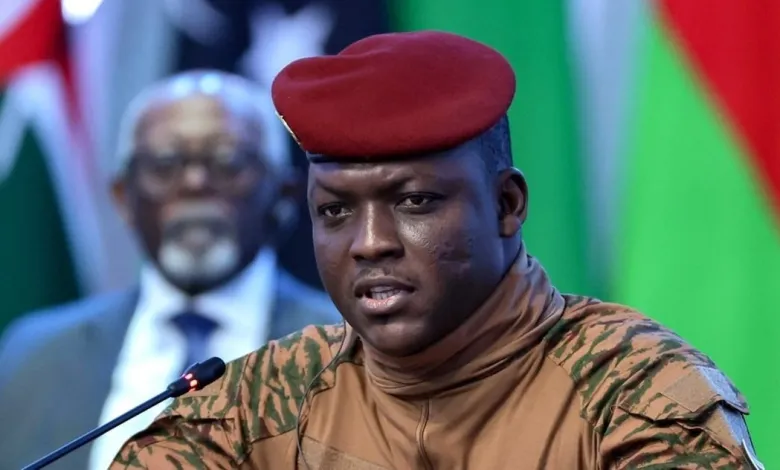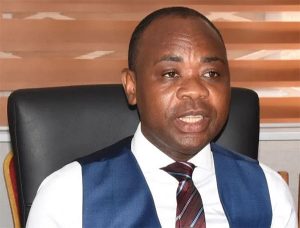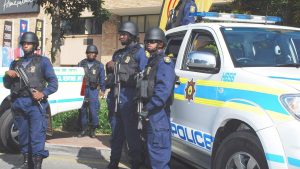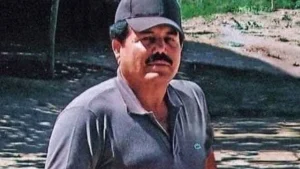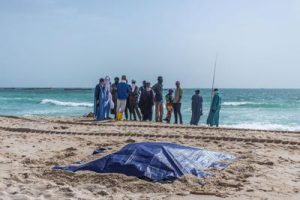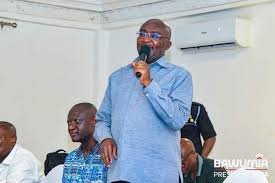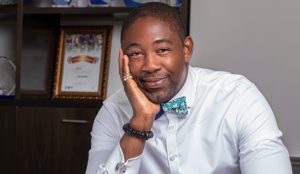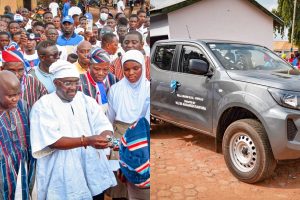Burkina Faso’s military rulers will remain in power for another five years after national talks ended in an agreement to extend the transition back to democracy by 60 months from July, according to the text of an approved new charter.
The talks in the capital, Ouagadougou, included civil society, security forces, and transitional lawmakers, but most political parties did not participate.
Colonel Moussa Diallo, chairman of the organizing committee of the national dialogue process, said after the talks on Saturday, “The duration of the transition is fixed at 60 months from July 2, 2024.
The new charter was signed during what was originally a two-day national dialogue that began earlier on Saturday, ostensibly to chart a way back to civilian rule in the country rocked by political violence.
The military seized power in a 2022 coup and had promised to hold elections in July of this year to restore civilian rule, but it also said security considerations would take priority. The charter also allows Traore to run for president when the elections take place.
Under the new accord, quotas will also no longer be used to assign members of traditional parties seats in the assembly. Instead, “patriotism” will be deemed the only criterion for selecting deputies.
Civil society representatives, security and defence forces and lawmakers in the transitional assembly took part in a talk in Ouagadougou, boycotted by many political parties.
The delay is likely to deepen concerns about democratic backsliding in Western and Central Africa, a region which has seen eight coups over the past four years.
Burkina Faso is one of a growing list of West African countries where the military has taken power, accusing the elected governments of failing to keep their promises. The current junta seized power in September 2022 by ousting the military regime of Lt. Col. Paul Henri Sandaogo Damiba out eight months after it staged a coup to remove democratically elected President Roch Marc Kaboré.
In Burkina Faso, armed groups have waged a rebellion since 2015 that has killed thousands and displaced millions. The military government in the country has struggled to address its security challenges reason it said it took over power in September 2022.
The government has severed military ties with former colonial ruler France and turned to Russia instead for security support. About half of Burkina Faso’s territory remains outside of government control.

